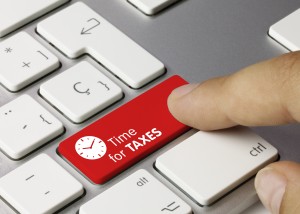Autumn Statement – Digital Tax Accounts
One of the announcements in this week’s Autumn Statement is the planned introduction of digital tax accounts. 10 million individuals and 5 million small businesses will be the first to have access to their accounts from early 2016, and by 2020 the rollout will include all individuals in the UK.
The digital accounts will essentially be a ‘one stop shop’ for tax affairs, offering a real-time view of all tax liabilities and providing options for paying securely. The accounts will combine information from multiple sources, meaning that details shouldn’t need to be provided more than once.
There is not much to be said agains t the introduction of digital tax accounts, however the scale of the project is vast, so one wouldn’t be surprised if there were more than a few hiccups during the rollout.
t the introduction of digital tax accounts, however the scale of the project is vast, so one wouldn’t be surprised if there were more than a few hiccups during the rollout.
George Osborne also announced that businesses and the self-employed will have to submit their tax returns on a quarterly basis from 2020. Whilst the immediate thought is that this will create extra admin burden, by being brought in alongside digital tax accounts, the impact should be lessened. In fact, those who are VAT registered are already doing a large amount of the work that is required to file a corporation tax return on a quarterly basis, so this change should not be too much of a shock for them.
Submitting tax returns on a quarterly basis will also enable businesses and individuals to improve their tax planning, as they can pay their liabilities more frequently, rather than facing a large bill once a year.



